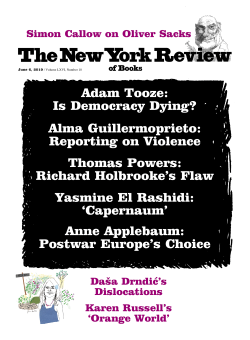The house sleeps by the graveyard
where the occasional drone of a twin prop
landing at the nearby airfield floats over the dead.
It’s still America, but chickens wander the sidewalks
and the closing bars spill bodies into the streets,
where the pulsing otherworldly glow
of neon signs paints the undersides of trees
like a sunset that hangs around forever.
I like the graveyard best, with its rain-pitted stones
and one that reads, “I told you I was sick.”
The house sits on a corner, windy palms remind
that it’s the tropics, and the rain still arrives, momentary,
from a blue sky before it’s gone. Gray siding,
a sea-foam green ceiling, white posts and railings,
sunlight through the gingerbread spandrels
drags its slow fretwork across the walls.
The bars are full of old-timers who overstayed,
their flowered shirts bloom along the counter
like an ill-planned garden. It’s before noon
and their laughter is too loud to be sincere.
Hemingway, they say, was often here,
but Hemingway worked,
and the fishermen he loved are gone.
His house is empty of him now, strangers
move through hollow-sounding rooms,
a writer’s museum is difficult—there is nothing there,
and biographies read like fiction—but not this house,
with the green hue of its 1960s swimming pool,
the invisible creak of hardwood under bare feet
and windows propped open to ragged palms
and cat cemeteries and the gentle odor of the sea.
We drove a hundred miles of ocean highway to get here
straight across some industrialist’s dream,
a road that rests on islands strung out into the Atlantic
like a long-line trolled south off the mainland.
But the sea has been fished barren
and the tourists pose with smaller catch
and bigger smiles, in yellowing photographs
on the walls of the bait and tackle shops.
We look to the ocean to clean old wounds
from this sliver of land splintering the gulf
whose pastel brightness is our chance at something,
to shake free of the static, heavy earth
with all its anchors and convoluted stone.
We want the subliminal thud of the Atlantic
to clear our hearts, nothing purer than this want,
which cannot arrive with such easy symmetry.
Instead, there is a street framing two bicycles,
a couple speeding gleefully under the stars
by the back road along the cemetery,
a little drunk, flying with mad yelps
over speed bumps hidden by the darkness
as the tinkling from late-night bar glasses fades
and their laughter crashes through empty streets
where the dead sleep, devoid of further choices.
More from the Review
Subscribe to our Newsletter
Best of The New York Review, plus books, events, and other items of interest


